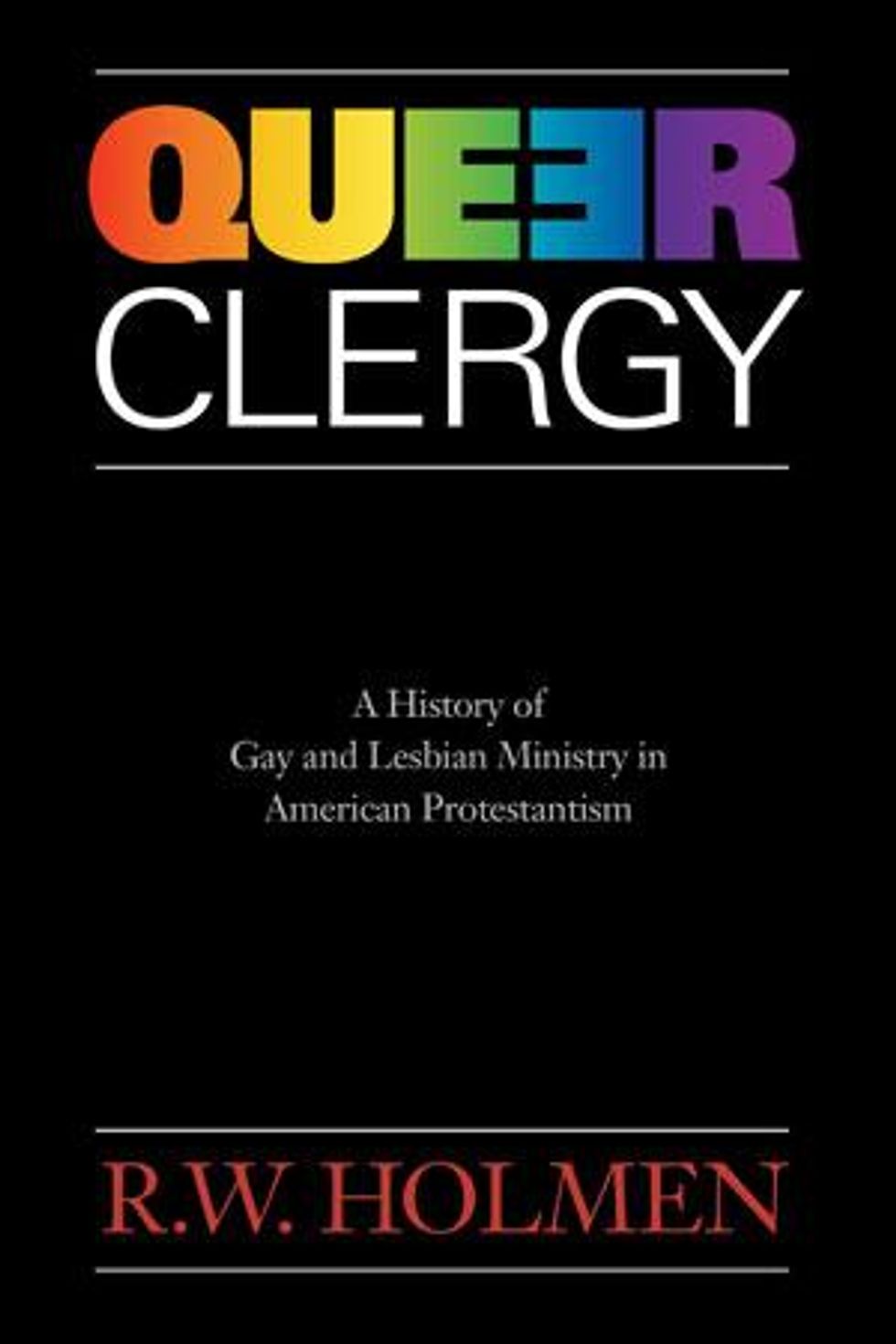
It took years for the nation's leading Lutheran denomination to welcome openly gay members and clergy. Here is a glimpse of the early process.
May 20 2014 4:39 AM EST
By continuing to use our site, you agree to our Privacy Policy and Terms of Use.


"Dollars for Disobedience" was the headline and the response to Pastor Siefkes' successful advocacy for a small appropriation for startup of a tiny, fledgling group of Lutheran gays and lesbians. Conservative Lutheran publications were ablaze with criticism of the group and the American Lutheran Church (ALC): "For a major board of one of the country's major denominations to identify through its budget an organization promoting the blatant transgression of the revealed word of God is a sign of sinking back to the level of official immorality that prevailed when Christianity emerged. Concerned members of the ALC will know how to express their outrage ..."
Indeed, at the October 1974 National Conference of the ALC in Detroit, some had expressed themselves by repeatedly tearing down the banner directing delegates to "Gay Headquarters," the small booth staffed by a few LGBT Lutherans. Others were sympathetic to those staffers, including several who received emotional support for their own conflicts of sexual identity.
By 1978, the organization had grown to 22 chapters nationwide and convened its first national assembly July 7-9 in Milwaukee. The name became "Lutherans Concerned" and by 1980, it would become "Lutherans Concerned/North America" or "LC/NA" for short. The Milwaukee gathering proved to be a smashing success and the first of regular assemblies that would follow in two-year cycles thereafter. The keynote speaker that first year was Dr. Elizabeth Ann Bettenhausen, a Secretary for Social Concerns at LCA national headquarters, and Rev. Chuck Lewis was the worship preacher. About 60 persons participated, representing various Lutheran denominations and Synods, including the Lutheran Church in America, American Lutheran Church, The Lutheran Church-Missouri Synod, Allegheny Evangelical Lutheran Church, and the ultra-conservative Wisconsin Synod.
Coordinators Diane Fraser and Howard Erickson reported to the Assembly on their activities -- taking part in the ALC's consultation on sexuality in April, speaking before church audiences and preparing for our presence at national conventions. Erickson reported that membership rose 36 percent in the preceding 12 months -- due largely, he said, to a developing gay and non-gay backlash to Anita Bryant. "She has made a lot of people angry enough to get out of their chairs and do something," he said.
One of the original five founders and newsletter editor Howard Erickson would later reminisce, "We five had our differences, all right, but it started to look like this nestling we'd hatched just might be around for awhile."
EXERPTED FROM Queer Clergy: A History of Gay and Lesbian Ministry in American Protestantism by R.W. Holmen.
Charlie Kirk DID say stoning gay people was the 'perfect law' — and these other heinous quotes